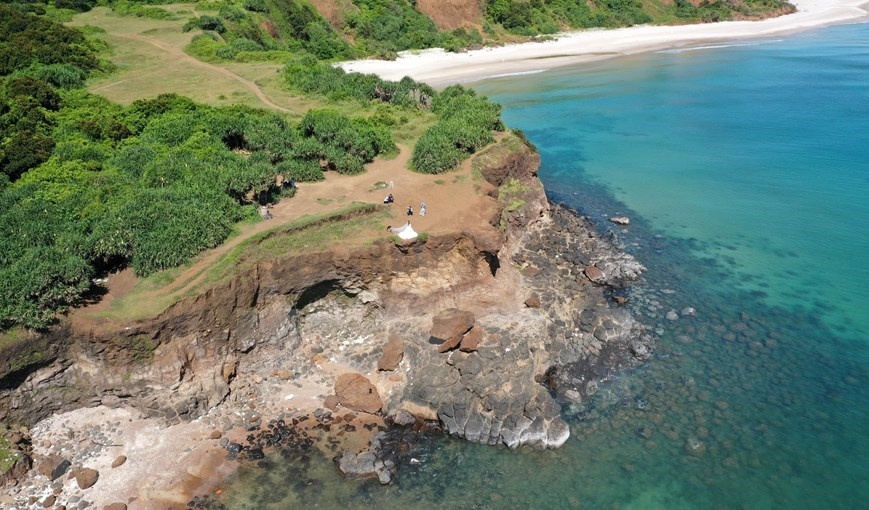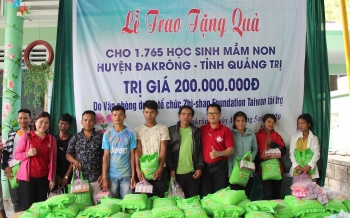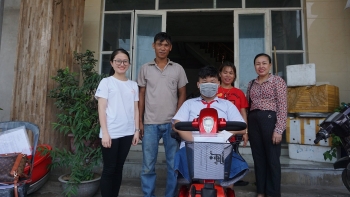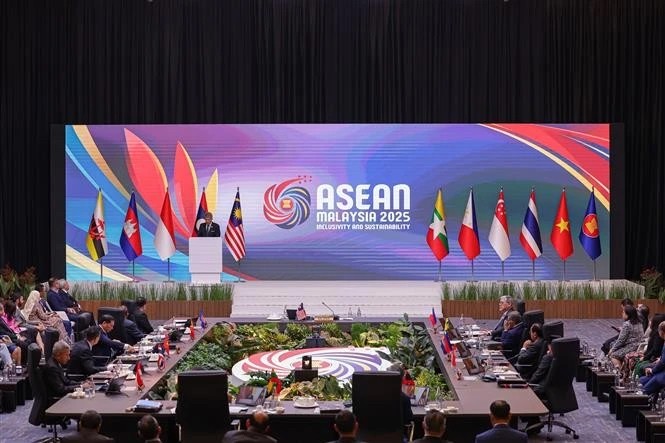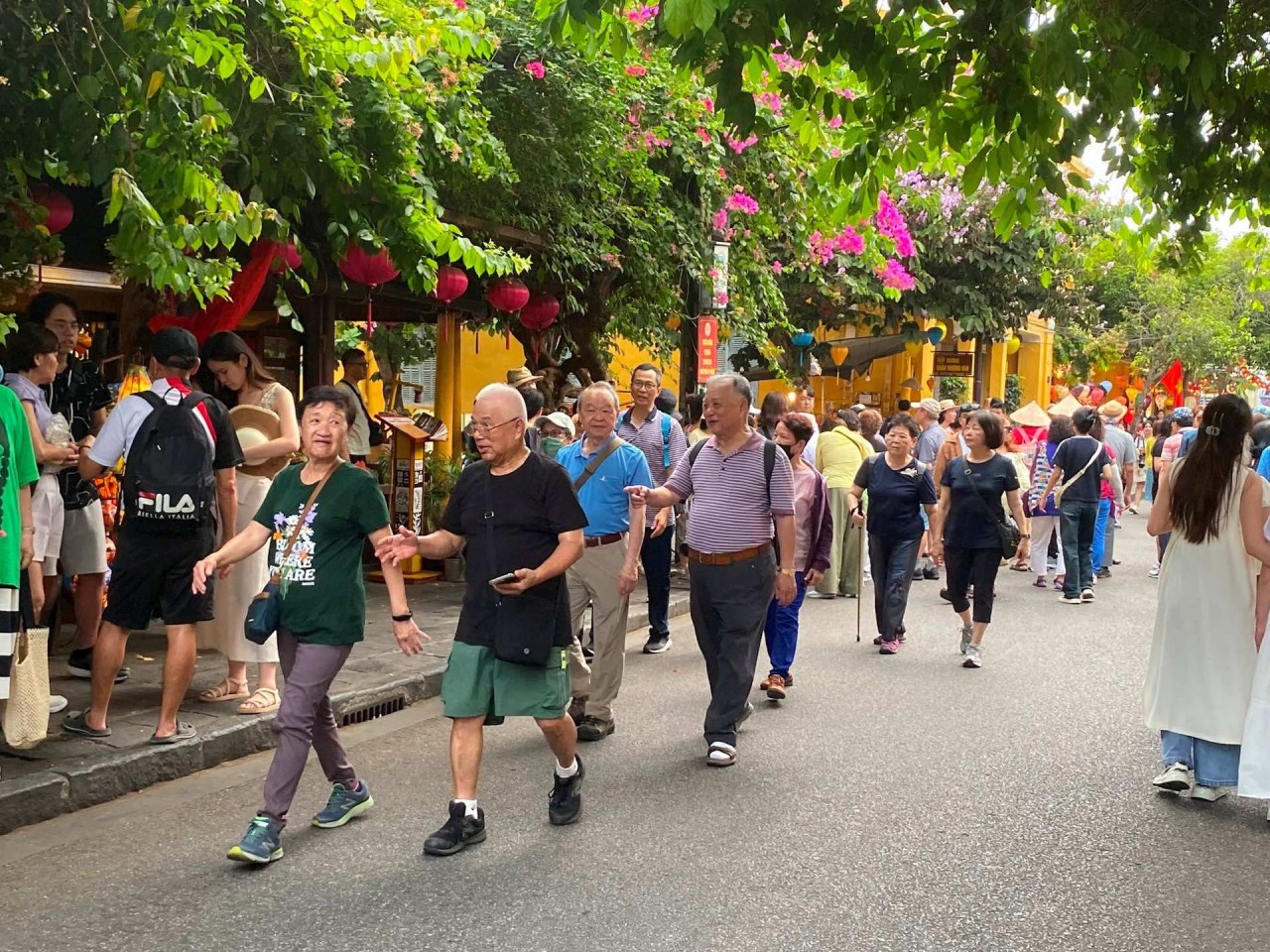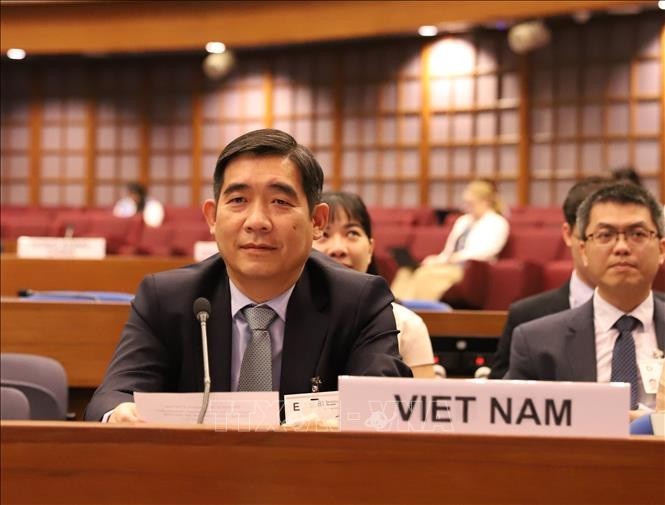Ethnic minorities in Quang Tri's poor district benefited from livelihood project
 |
| At the workshop. Photo: World Vision. |
World Vision, an international Christian humanitarian organization and Quang Tri People’s Committee on June 9 organized the closing workshop for the Ethnic Minority Economic Empowerment (EMEE) Project in Huong Hoa, a mountainous district of central province of Quang Tri.
Participated in the event were representatives of World Vision Vietnam, Embassy of New Zealand in Vietnam, provincial Department of Home Affairs, Department of Agriculture and Rural Development, Department of Industry and Trade, provincial leaders, representatives of Chan May cooperative, and producer groups that represent more than 1,234 poor farmers in 6 communes in Huong Hoa.
Ethnic minorities in Huong Hoa suffer from poverty and lack of economic opportunities due to limited crop diversification, poor market access, and low financial literacy.
EMEE project is an innovative collaboration between World Vision and New Zealand Aid Programme’s Partnerships Fund to create a solid foundation for ethnic minority communities in Huong Hoa, one of the poorest districts in Quang Tri province.
During five years of implementation (June 2015 – June 2020), EMEE project helped improve the economic well-being of 1,200 ethnic minority households in Quang Tri province, using market facilitation, savings schemes, sustainable farming techniques, business development and public or private partnerships.
The project, worth NZD 2.1 million (USD 2.2 million), exceeded many of its targets including establishing 53 farmer groups in a variety of crops, through which capacity was built and linkages with the market fostered.
The project also employed a Local Value Chain Development approach, which helped vulnerable producers and farmers analyze markets, gain information, build relationships with buyers, and act collectively to overcome market barriers and increase profits through forming groups and training. The project covered both the technical (e.g., which crops to grow) as well as the human (e.g., value of working as a group, collaboration with other parts of the value chain) dimensions.
Besides, it introduced the communities to the Accumulating Savings and Credit Associations - a mechanism to start saving and access loans in a safe, reliable, and affordable way.
By the end of May 2020, the percentage of poor households according to new criteria in production groups has decreased significantly, and the income and living conditions of farmers in the project have increased. The initial goal of the project was to help 20% of the target households increase their income from EMEE products’ value chains. However, at the end of the project, actual data showed that the number of households increased income three times higher than the set target.
Economic change also makes childcare in families better. According to the survey, 61.5% of the target households meet the needs of children, exceeding the initial target of 43%. In particular, most of the families participating in the project can buy the essentials for their children themselves.
In addition, the project also helps to improve price, efficiency and sale volumes of Producer Group products, as well as assist producers to interact and meet buyers’ requirements and gain access to more lucrative and sustainable markets that offer long-term sustainable prospects for poor ethnic communities.
Farmers said that one of their benefits when participating in the project was the farming production and savings groups. In those groups, they were received training in sustainable farming and processing as well as cost-saving techniques through community-based saving and credit funds.
In addition, they were indirectly benefited through exchanges of information, knowledge, and experience with the direct participants./.
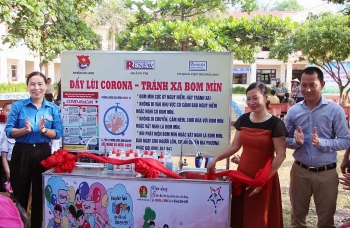 | Project RENEW to install 40 wash basins in Quang Tri and Quang Ngai In 2020, Project RENEW will install 40 wash basins in coupled with unexploded ordnance (UXO) safety messages and COVID-19 precautions at 40 schools in Quang ... |
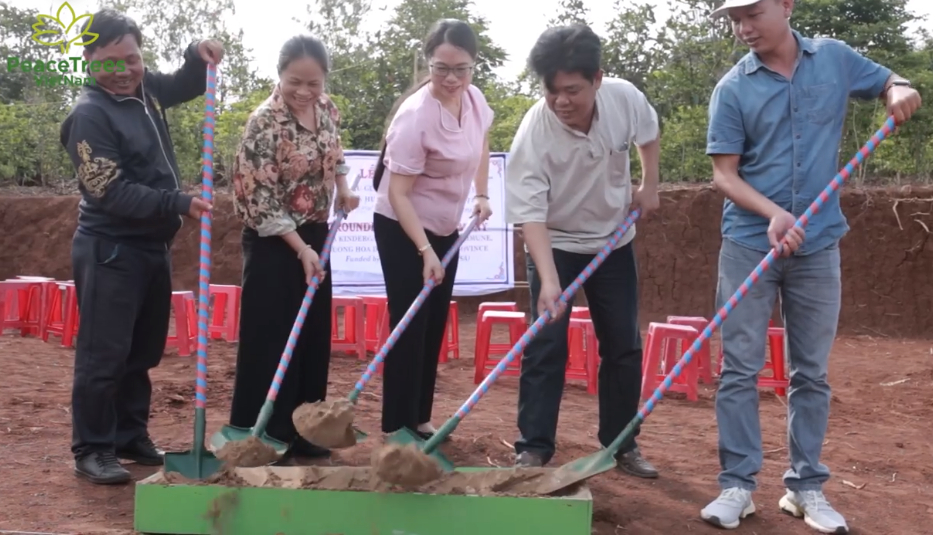 | PeaceTrees Vietnam builds 18th kindergarten in Vietnam In the morning of May 22, a groundbreaking ceremony has taken place for the plan of building a new kindergarten at Cua village, Huong Tan ... |
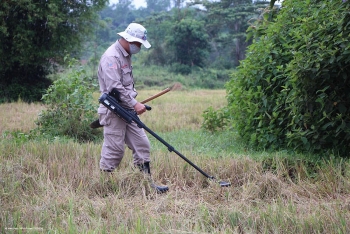 | NPA/RENEW back to survey and clearance work as social distancing eased Norwegian People’s Aid – Project RENEW (NPA/RENEW) returned back to the survey and clearance work in Quang Tri province, after Vietnam began easing social distancing. |
Recommended
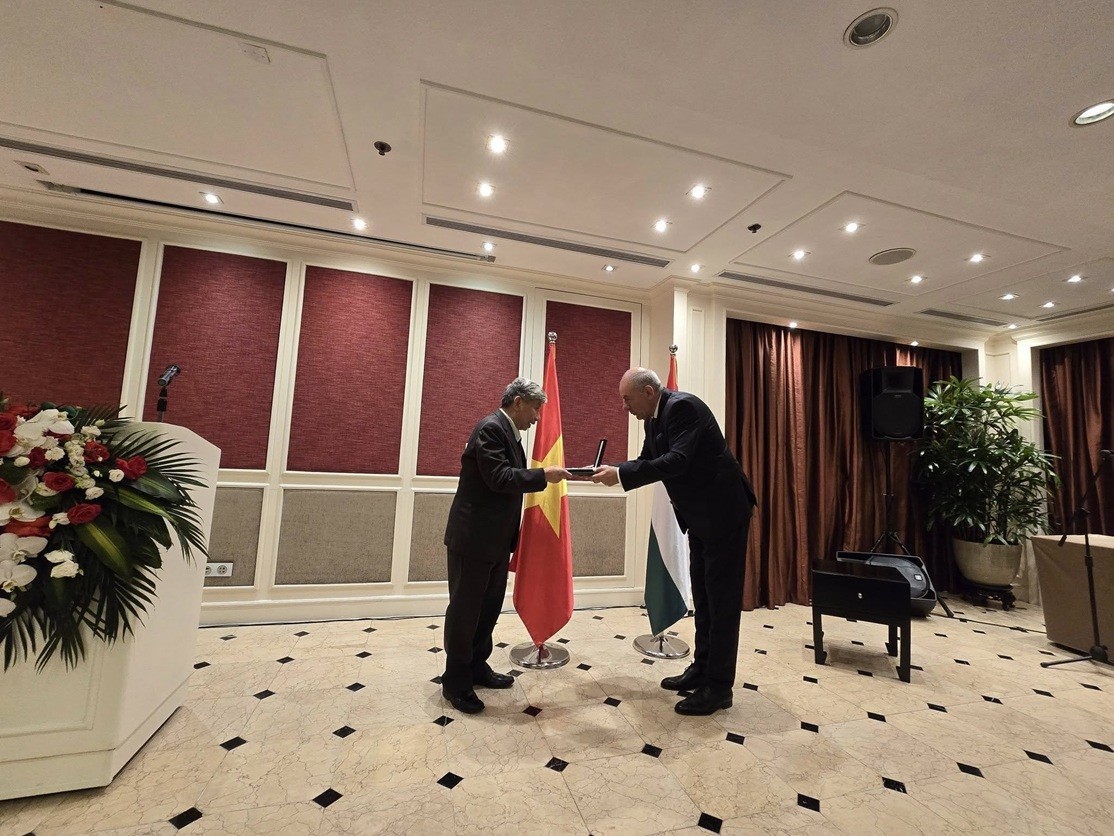 Friendship
Friendship
Dr. Vu Hoai Chuong Receives Hungary's Knight Cross Order
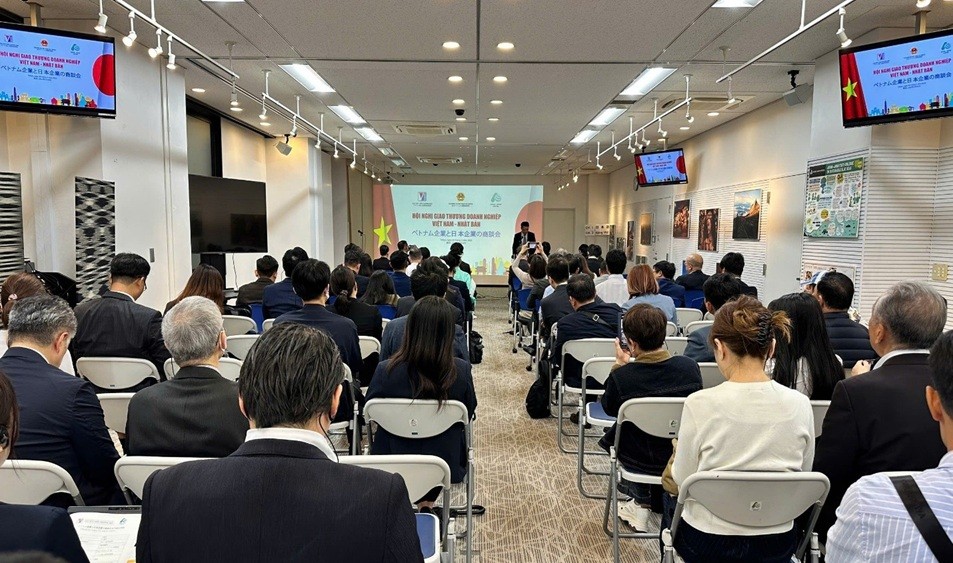 Friendship
Friendship
Promoting Vietnam - Japan Economic Cooperation
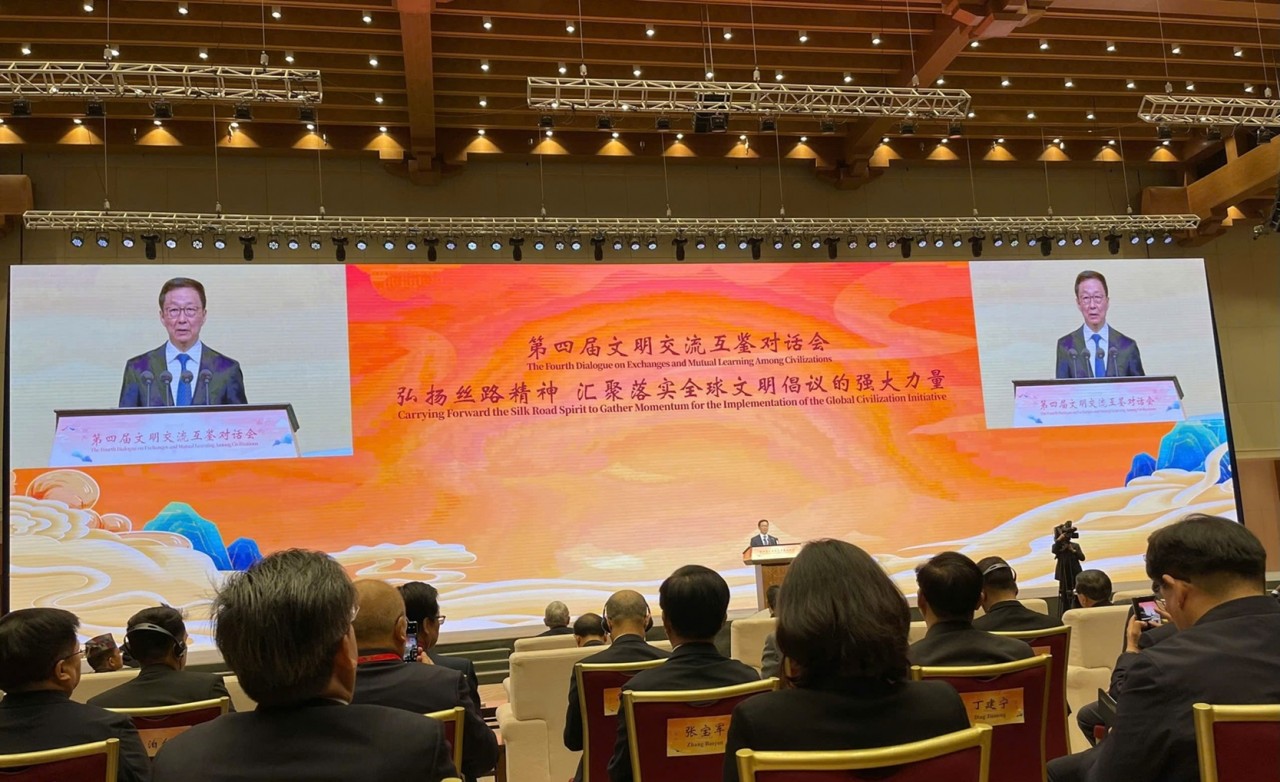 Friendship
Friendship
VUFO Attends Fourth Dialogue on Exchange and Mutual Learning among Civilizations
 Friendship
Friendship
COPI (US) Provides Free Medical Check-Ups for Nearly 1,000 People in Quang Nam
Popular article
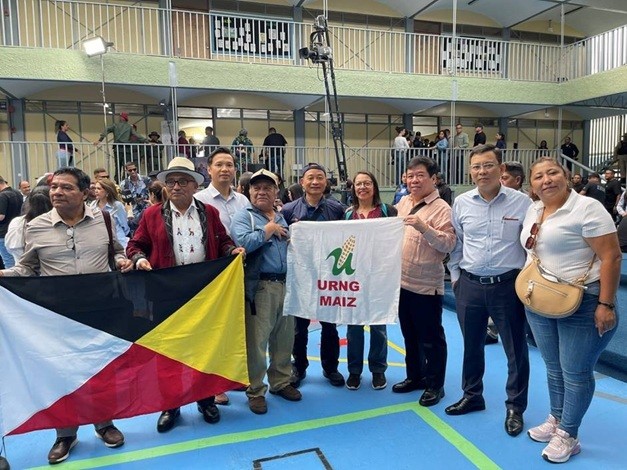 Focus
Focus
Strengthen Solidarity and Friendship Between Vietnam and Venezuela
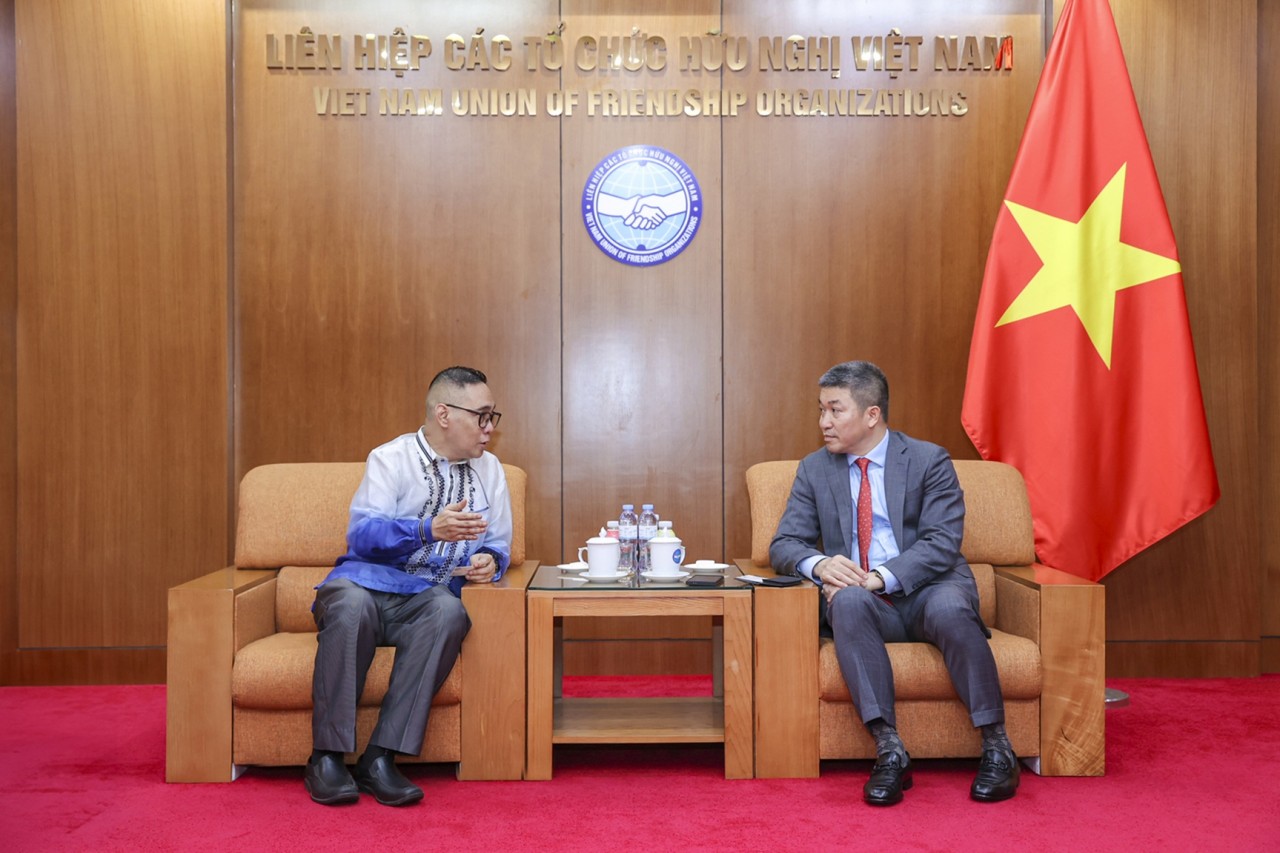 Friendship
Friendship
VUFO Supports Initiatives to Enhance People-to-people Exchanges between Vietnam and the Philippines
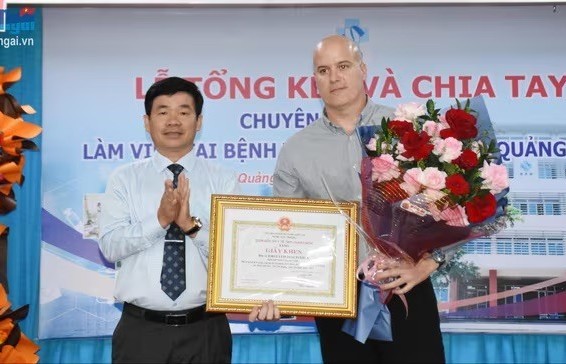 Friendship
Friendship
Quang Ngai Recognizes Cuban Health Experts' Contributions to Mother and Child Care
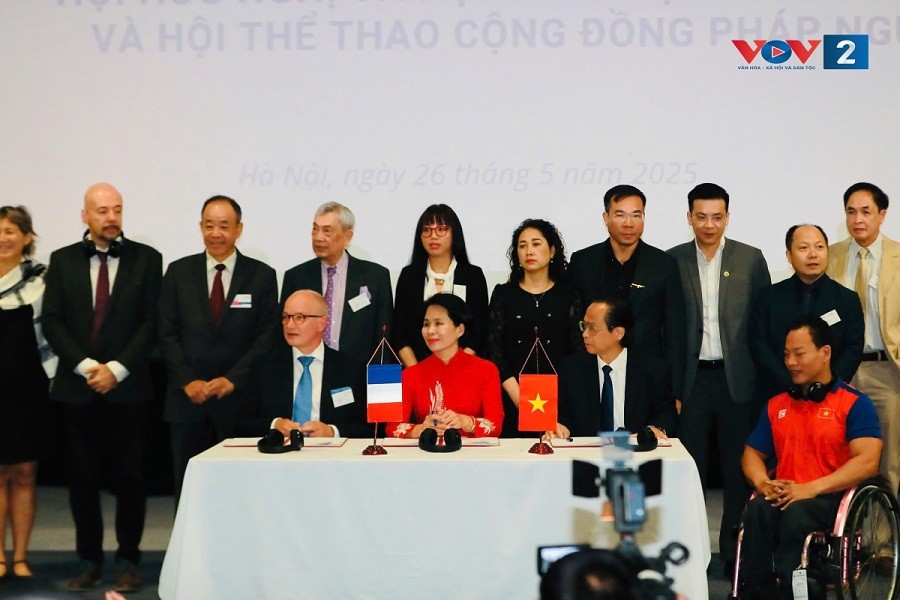 Friendship
Friendship

